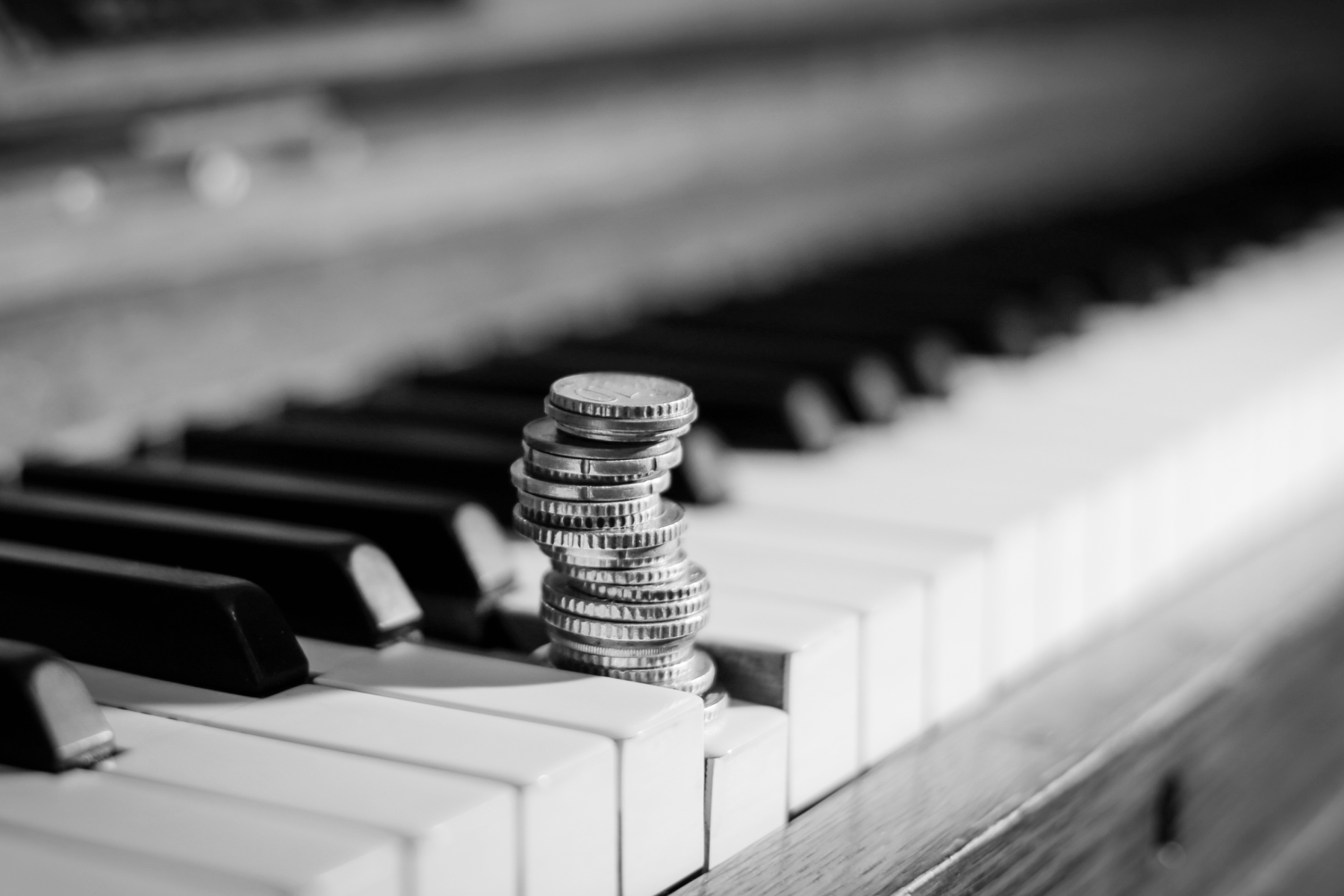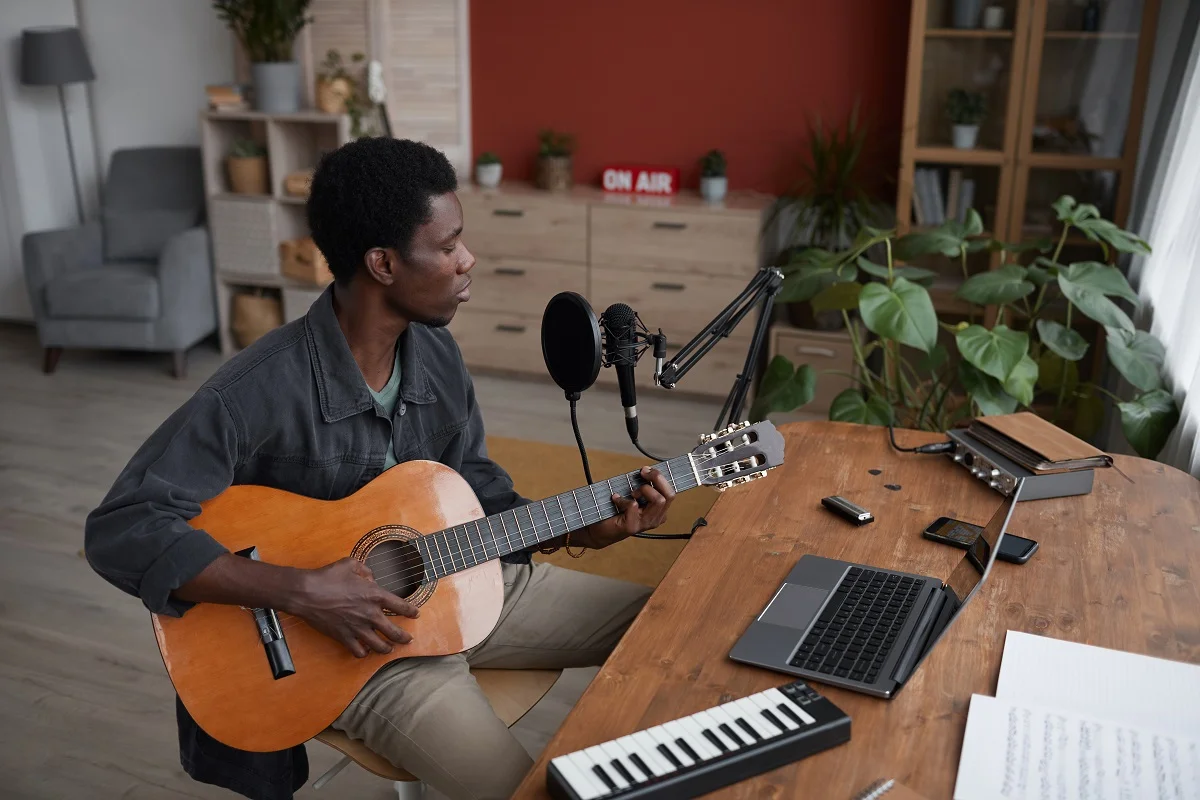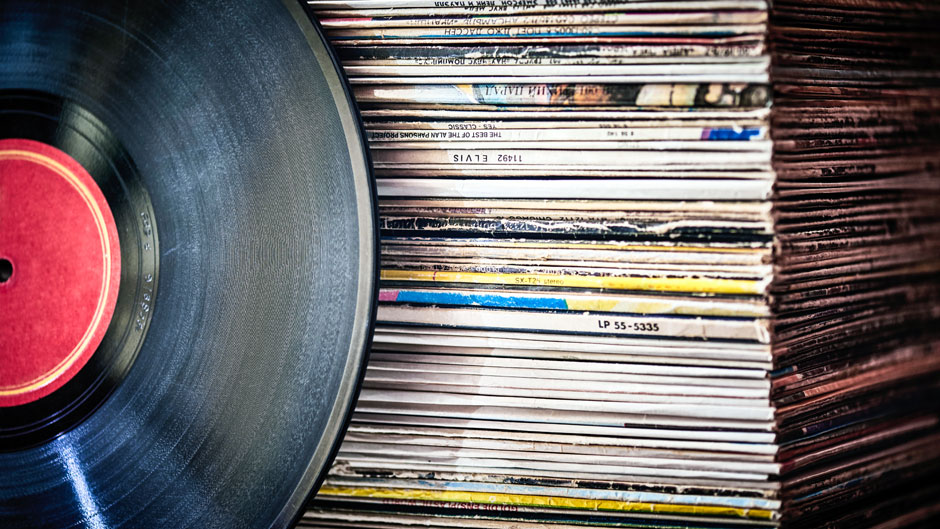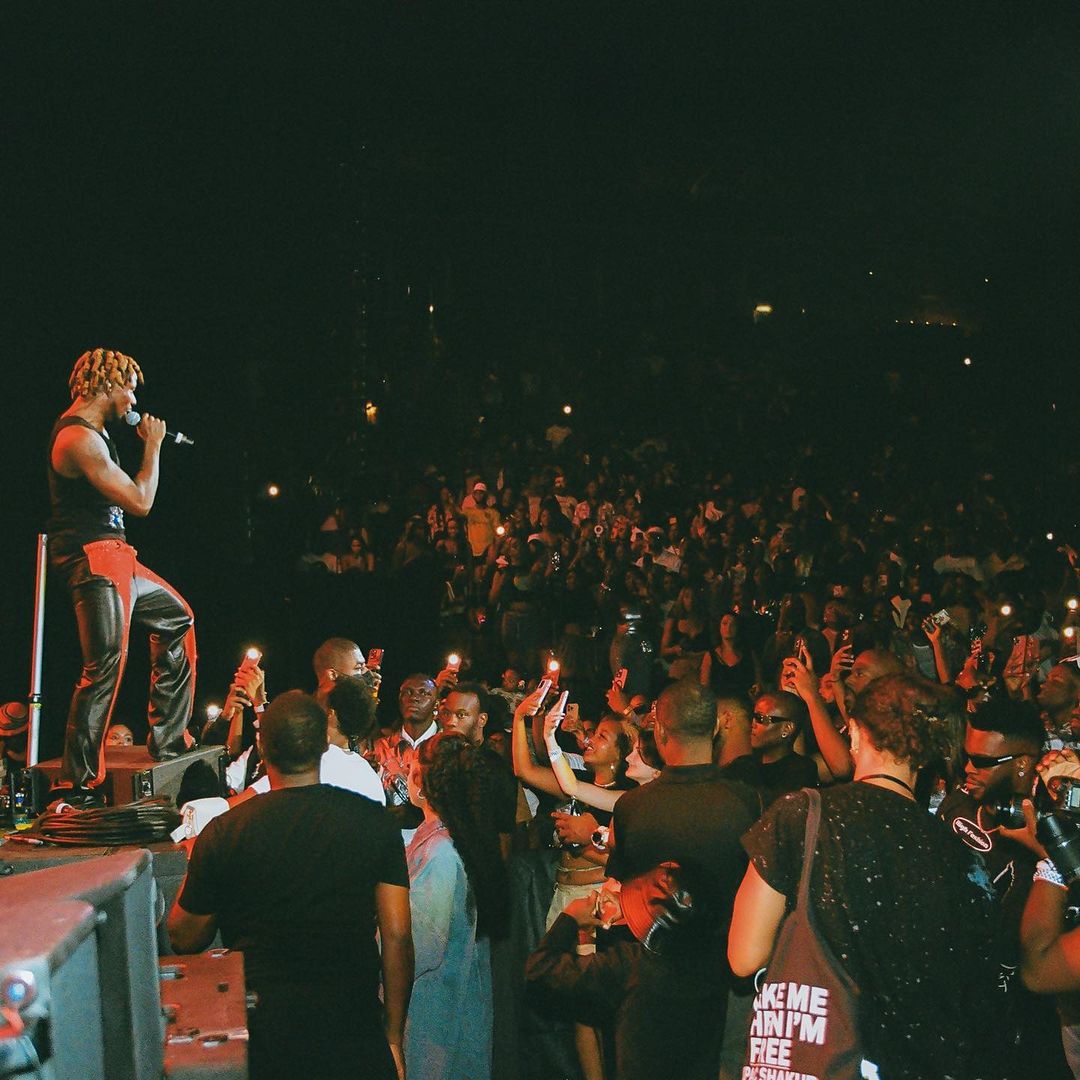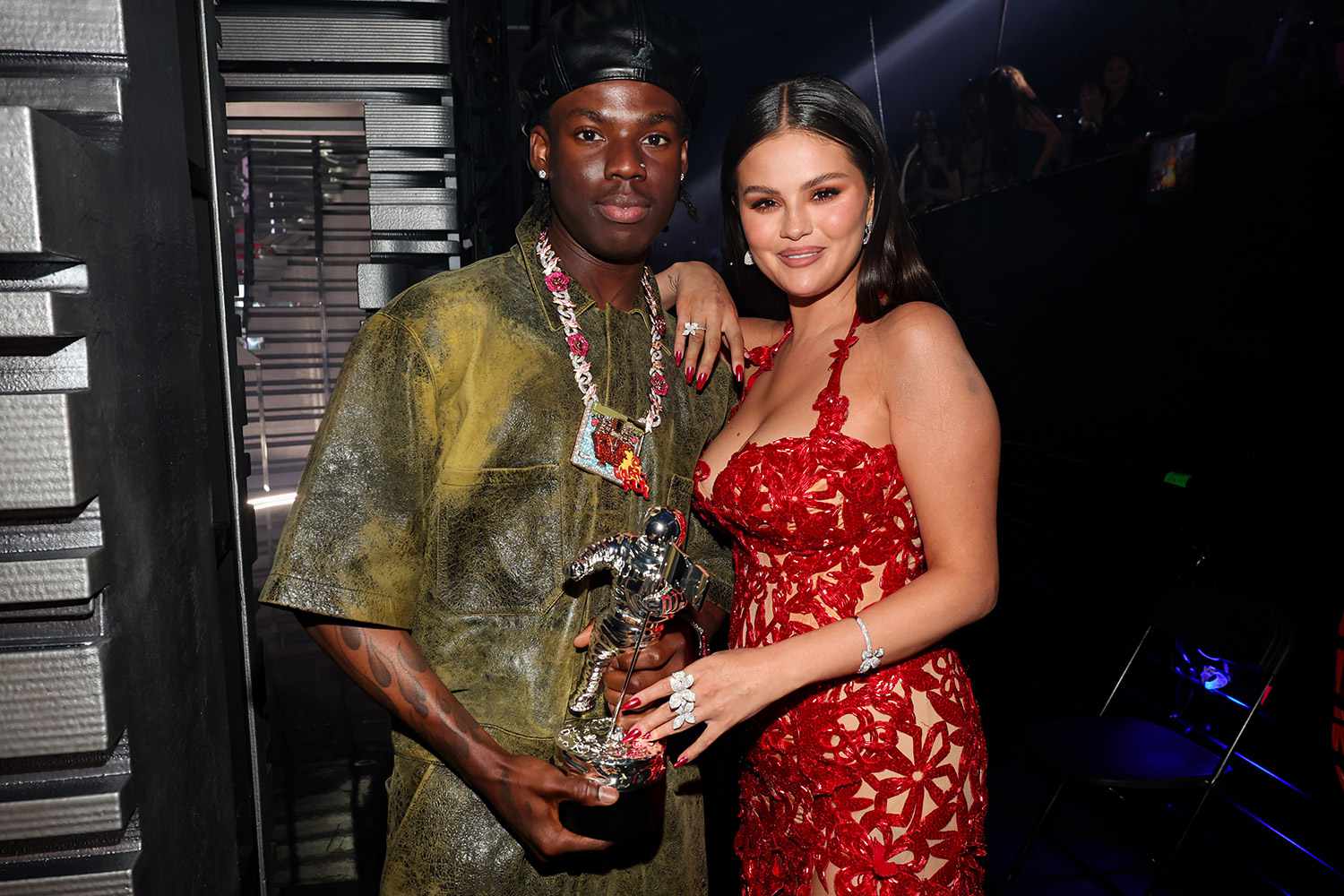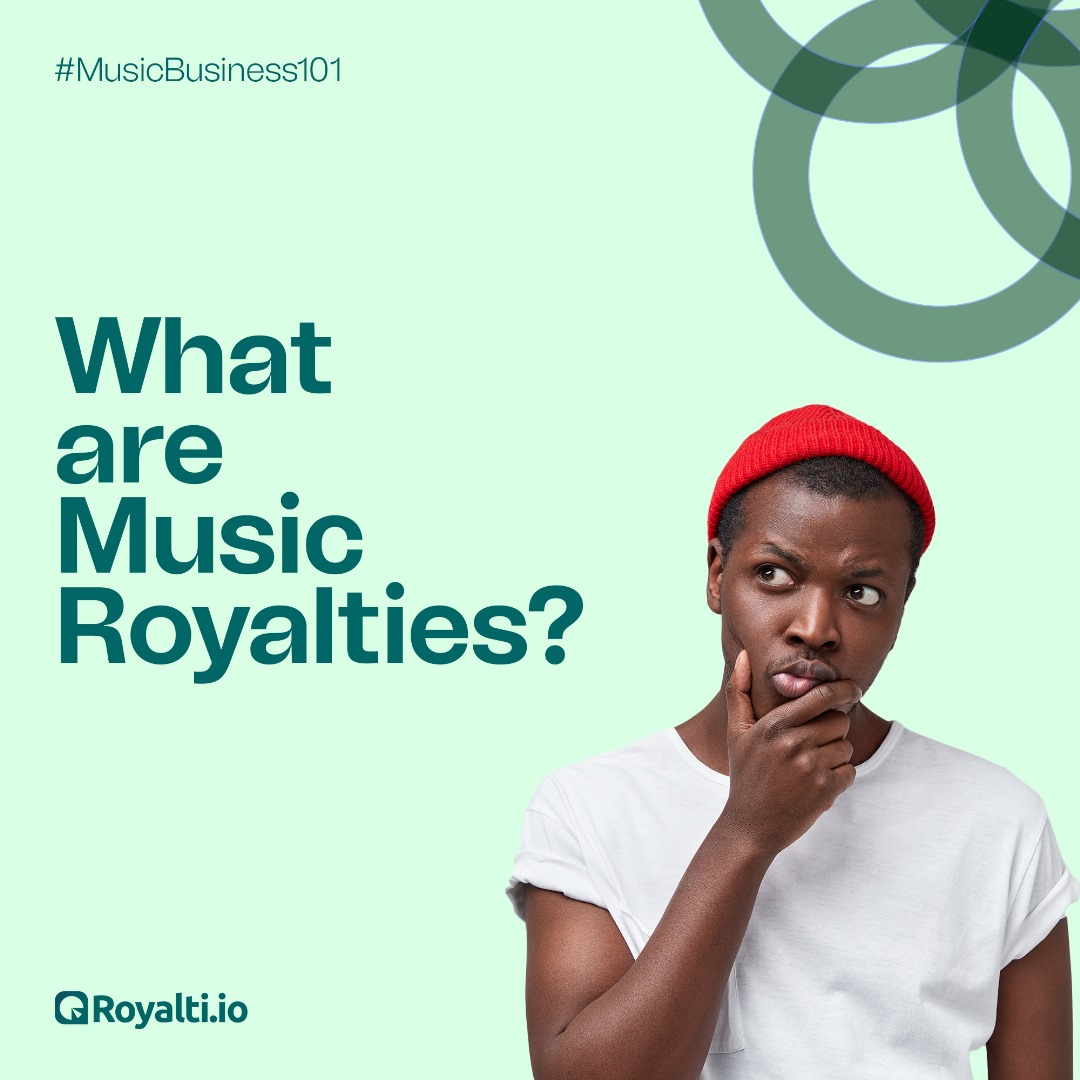
What are Music Royalties?
Music royalties involve obtaining permission to use music from an individual, which can be songwriters, composers, recording artists, and their respective representatives who have the right to control the use of that music. These rights are primarily derived from copyright law and have different rights related to various aspects of music.
For example, in Nigeria, record companies usually own or control the copyrights in the recording of a song. That means if anyone else wants to use the recording, you need the permission of the record company. The law also entitles performers in connection with playing in the recordings.
You can join up with a music publisher as an artiste to market your work for commercial use or a record label. Music publishers will look for singers, musicians, and production companies who can help you make your idea into a song.
By registering with a publisher, you are granting them the rights to your work. They’ll be able to issue licenses and collect music royalties for you. The royalties are then divided evenly between you and the publisher.
Record labels are involved with financing the creation and distribution of master recordings. As a result, they receive a portion of the royalties paid to record artists.
Different Types of Music Royalties
- Mechanical Royalties
Mechanical royalties allow the reproduction and distribution of copyrighted works physically or digitally. This category includes music downloads, CDs, cassettes, vinyl, and streaming services.
When a record label produces a CD of a songwriter’s music, mechanical royalties get paid to them. Alternatively, an independent distributor with a copyright can collect mechanical royalties from a distributed digital music service.
- Public Performance Royalties
When you play music in front of an audience or when your music gets played in front of an audience. You receive royalties for the composition (for example, for live performances) or (on TV, Radio, or at DJ events). Live performances at concerts or festivals are prominent examples.
Public performances also include TV and radio broadcasts, as well as background music in restaurants, shops, bars, and nightclubs. You may be eligible for performance royalties due to all of this through your Performance Rights Organization (PRO).
- Synchronization Royalties
When there’s a combination of copyrighted music with visual media, the generation of synchronization royalties happens. Copyrighted music has been licensed for film, television, commercials, video games, online streaming, advertising, music videos, and other visual media through synchronization licenses.
As distinct as synchronization is from audio and video media, YouTube videos, for example, are not covered by synchronization licenses. A master use license is required before using copyrighted music in a new audiovisual project.
To use protected music in an audiovisual project, a master use license and a sync license are required. The sample is welcome, no matter how long or short it is. To sync YouTube wedding videos with Chike’s tracks, a master and sync agreement is required.
Conclusion
Getting paid for your music may be more complex and straightforward, but there are several revenue streams you can pursue. When you release a new song, make sure you get the most out of it by understanding which of the three types of royalties apply to you. It is entirely possible to make a living as a musician with mechanical royalties, performance royalties, and sync royalties.
If you need clarification on which types of royalties you’re entitled to, you should consult an entertainment lawyer. It can be challenging to determine what applies to your situation and which steps to take. The use of various music copyrights generates music royalties. New royalty streams are emerging as the music industry and technology evolve. That’s why Royalti.io is also here to help you with adequate resources for making informed royalty-centered decisions. They protect while also generating revenue for musicians.


